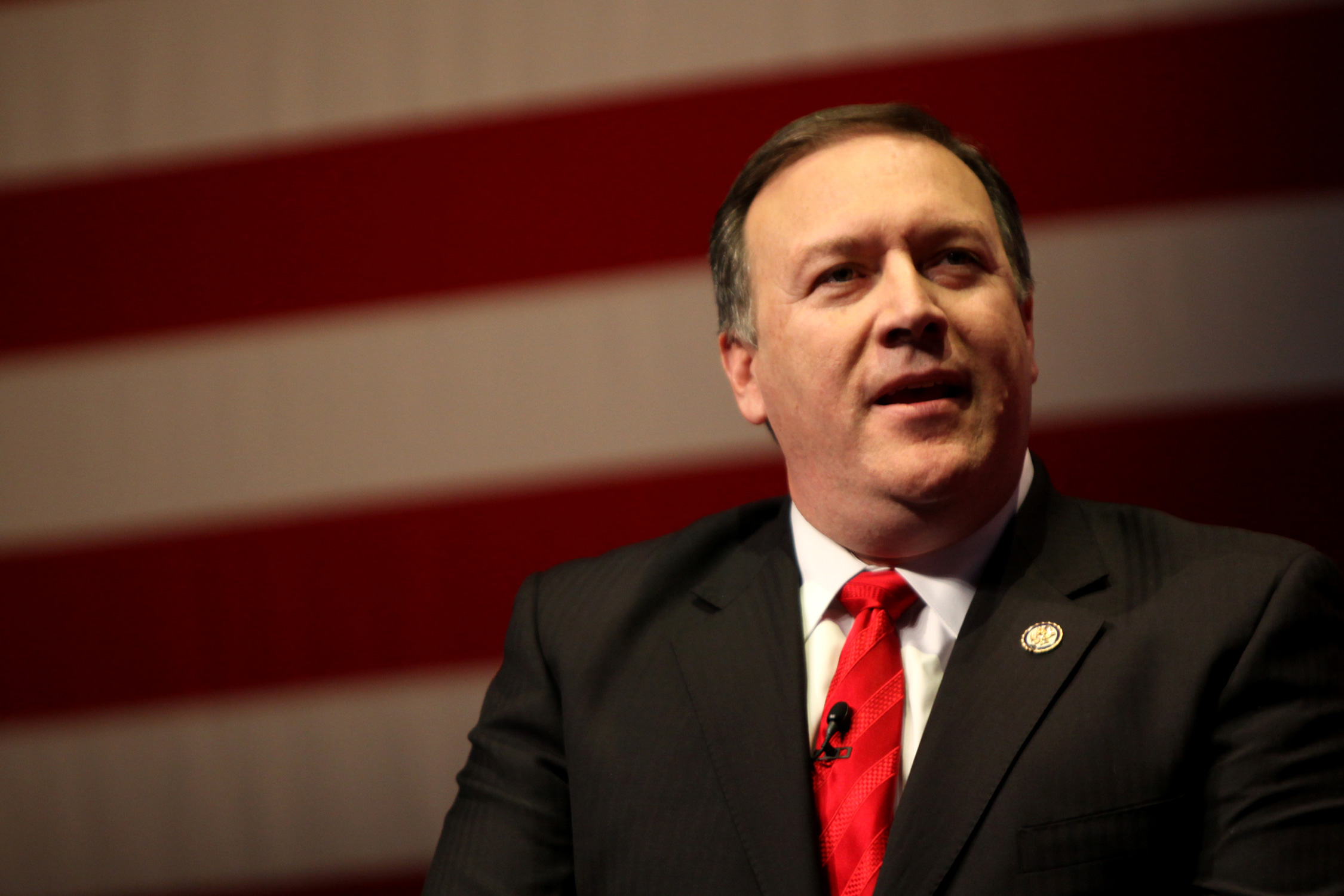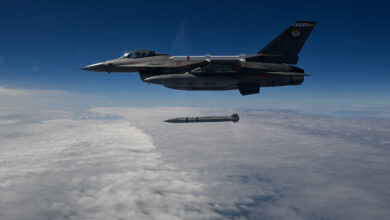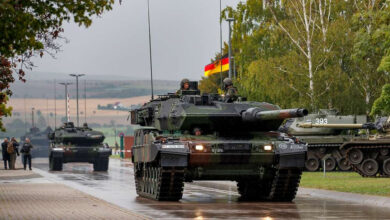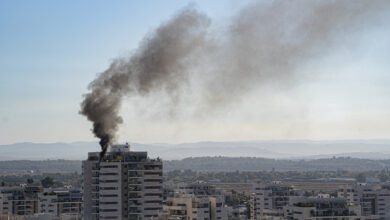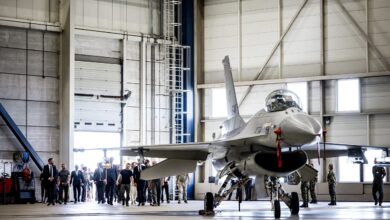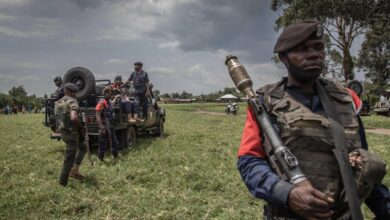US orders non-emergency personnel to leave Baghdad and Erbil missions
The U.S. Department of State on Wednesday, May 15 ordered a partial evacuation of American diplomatic missions in the Iraqi capital and Kurdistan Region of Iraq amid increased tensions with Iran.
In a security alert posted to the Baghdad embassy website, the State Department said it had “ordered the departure of non-emergency U.S. Government employees from Iraq, both at the U.S. Embassy in Baghdad and the U.S. Consulate in Erbil” and suspension of normal visa services at both missions.
It told U.S. citizens to depart Iraq as soon as possible and avoid U.S. facilities in the country.
Secretary of State Mike Pompeo made a surprise trip to Baghdad on May 7, saying the U.S. had intelligence of “specific threats” from Iranian activity to American personnel and interests in Iraq.
“Given the increased threat stream we are seeing in Iraq, which we shared with the Iraqi government during the Secretary’s visit on May 7 and in subsequent engagements, the Secretary has decided to place Mission Iraq on ordered departure,” a State Department spokesperson told The Defense Post on Wednesday.
“As part of that process, and given current security conditions, the Secretary has decided to place Mission Iraq on ordered departure.”
The embassy on May 12 warned U.S. citizens of “heightened tensions in Iraq” and the State Department generally advises Americans not to travel to the country, citing “terrorism, kidnapping, and armed conflict” and “anti-U.S. sectarian militias.”
“Mission Iraq will have limited ability to provide emergency services to American citizens in Iraq. Ensuring the safety of U.S. government personnel and U.S. citizens and security of our facilities are our highest priorities,” the spokesperson said Wednesday.
Tensions with Iran, already high, have increased in recent days as the Trump administration seeks to increase “maximum pressure” on Tehran.
Last week the U.S. deployed a Patriot missile system and the amphibious assault ship USS Arlington to the region, and National Security Advisor John Bolton announced on May 5 the deployment of the USS Abraham Lincoln carrier strike group and bombers to the Persian Gulf, although the group was already set for patrol in the Middle East.
Pomepo in September ordered the closure of the U.S. consulate in Basra in southern Iraq after attacks by local militias.
The Trump administration maintains that the Iraqi militias collectively known as Hashd al-Shaabi are under direction from the Iranian Islamic Revolutionary Guard Corps arm called the Quds force. The Hashd al-Shaabi, or Popular Mobilization Units, is an umbrella term for numerous Shia groups supported by Iran and officially part of the U.S.-backed Iraqi Security Forces. The extent of Iranian control over the myriad groups varies.
Last month Trump officially named the IRGC a terrorist organization, the first such designation for any part of a foreign government.
On Tuesday, British Army Major-General Chris Ghika, Deputy Commander-Stability for Operation Inherent Resolve told reporters at the Pentagon that the Coalition against Islamic State had seen “no increased threat from Iranian-backed forces in Iraq and Syria” or any change “in the posture or laydown” of the Hashd al-Shaabi.
Ghika was quickly rebuffed by U.S. Central Command, which said in a later statement that the deputy commander’s comments “run counter to the identified credible threats available to intelligence from U.S. and allies regarding Iranian backed forces in the region.”
“U.S. Central Command, in coordination with Operation Inherent Resolve, has increased the force posture level for all service members assigned to OIR in Iraq and Syria,” CENTCOM lead spokesperson Captain Bill Urban said on Tuesday night. “As a result, OIR is now at a high level of alert as we continue to closely monitor credible and possibly imminent threats to U.S. forces in Iraq.”
Pro-regime and Iran-backed militias sweep Syria-Iraq border for ISIS cells

